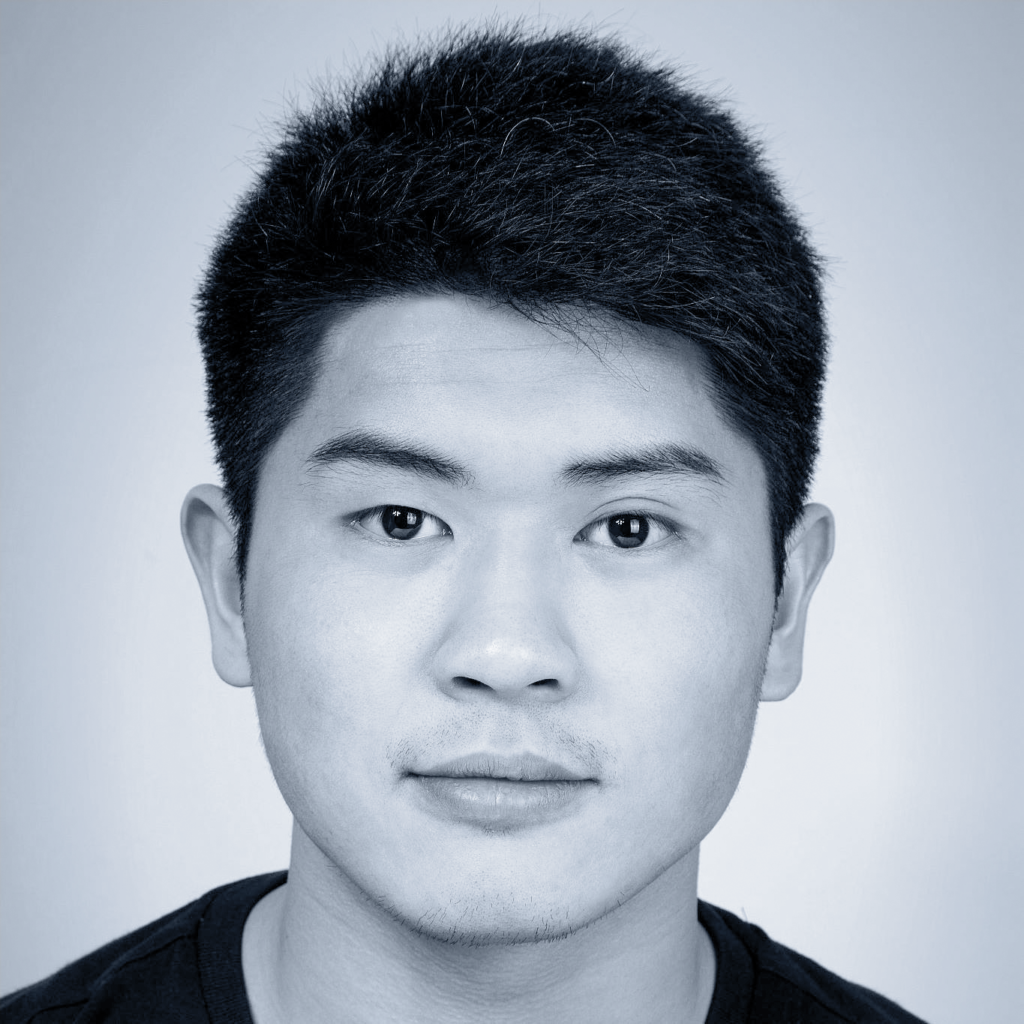SDL Materials Design presents
Machine Learning for Materials Science
Date: 23.10 – 25.10.2023 (14:00 – 13.00), Format: online
Short abstract:
Location:
Zoom-ID: 711 076 2471, PW: 1230123 (Online)
Language: English
Capacity: unlimited
Requirement: On day 2, own laptop with working Google Collab account will be needed. On day 3: Own laptop with Linux is a must (or alternative Windows with WSL). Access to a cluster is nice to have. A python installation with tensorflow, scikit-learn, ase, dscribe, jupyter and pacemaker
Note: This training is organized in cooperation with the CRC FLAIR 1548 FLAIR – Start – FLAIR – TU Darmstadt and GRK 2561 MatCom-ComMat IAM – Werkstoffkunde Kooperationen – GRK 2561
Please, note that this training will be held online and in person. Register accordingly!
Click here to register (online)
Agenda
23.10.2023, Day 1, 2PM-5PM: “Introduction to Machine Learning (ML) in Material Science (MS)
In the first day, the participants will learn basic concepts of ML, followed by more in-dept content of shallow learning, deep learning and Bayesian optimization. The lecturer will contextualize the techniques on MS-related topics such as microstructure characterization, microstructure-property relations and further.
24.10.2023 Day 2, 9AM-12AM: “Short refresher on Python and Introduction to PyTorch. Hands-On exercise with focus on microstructures”
In the first half of day 2, some basics of Python and the deep learning framework PyTorch will be introduced. The participants will learn how to program a simple regression task using gradient descent method followed by more tasks on microstructure characterization of 3D voxel-based microstructures, as well as training a surrogate model using simple descriptors for microstructure-property relations.
24.10.2023, Day2: 1PM-5PM: “More hands-on examples with focus on microstructures”
In the second half of day 2, participants will learn how to use convolutional neural networks to correlate the microstructure to the desired property. Further hands-on example of Bayesian optimization on the same dataset will be introduced.
25.10.2023, Day 3. 9AM-1 PM “Introduction to local descriptors of atomic environments and how to connect them to atomic properties through machine-learning. hands-on session: How to train simple models for atomic properties (e.g., NMR shifts)”
The participants will learn how we can describe local environments of atoms (number of neighbours, bond angles, bond distances) by different descriptors. In a hands-on session we will show, how we can relate the descriptors to atomic properties, e.g., NMR shifts, atomic energies, through machine-learning. Building on that we will introduce pacemaker, a machine-learning interatomic potential fitting framework, and provide a database for an exemplary fitting hands-on session.


